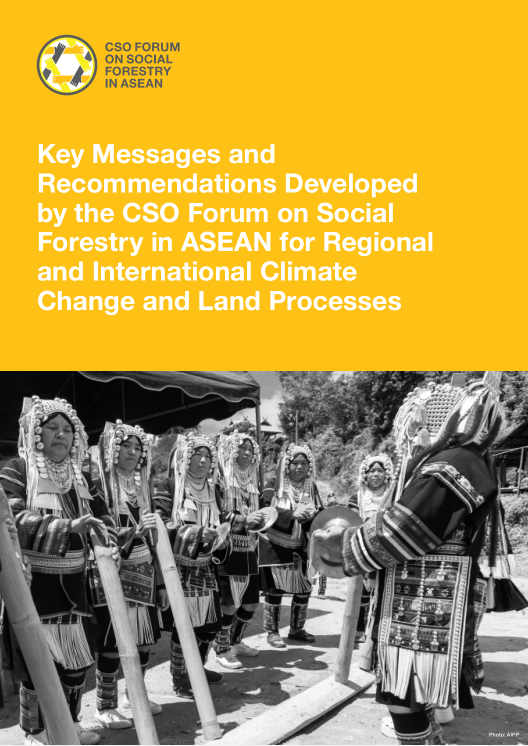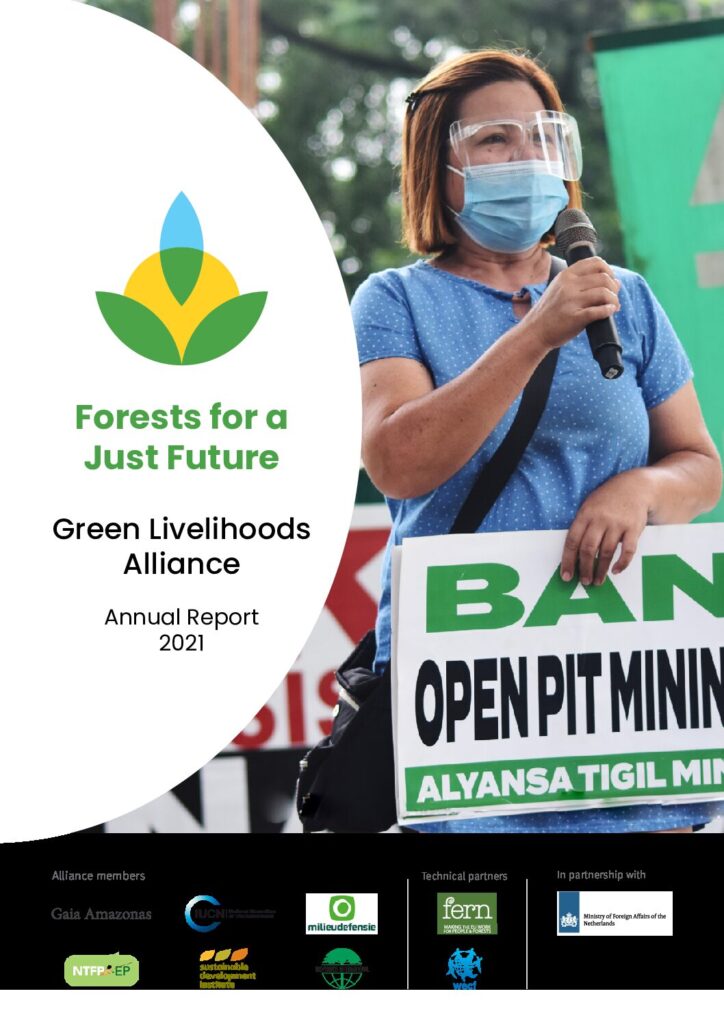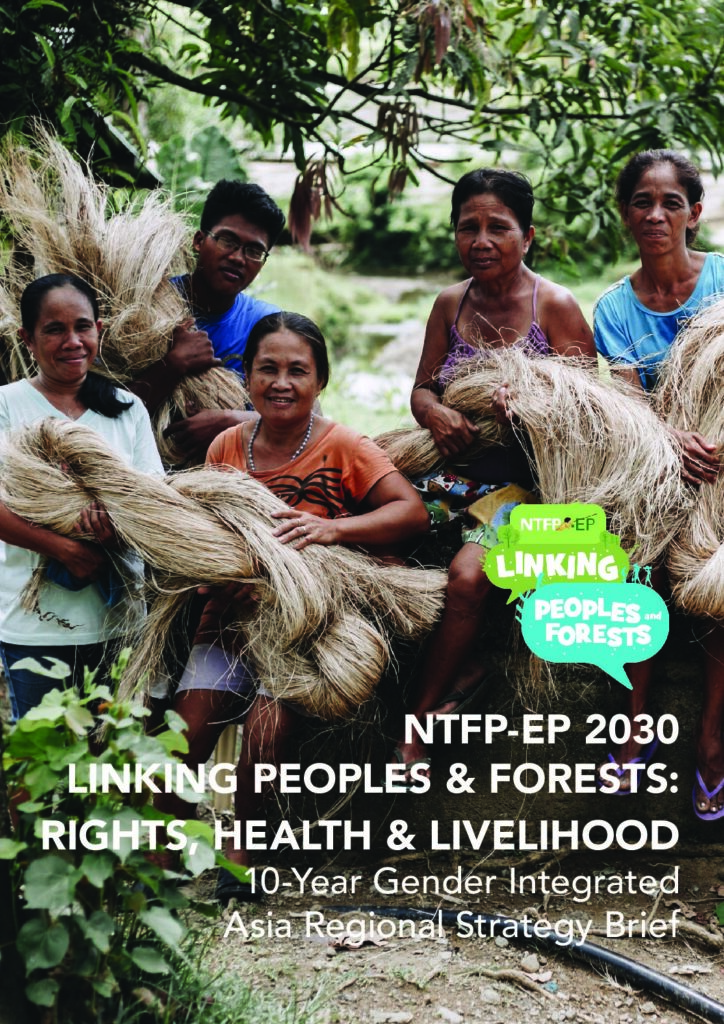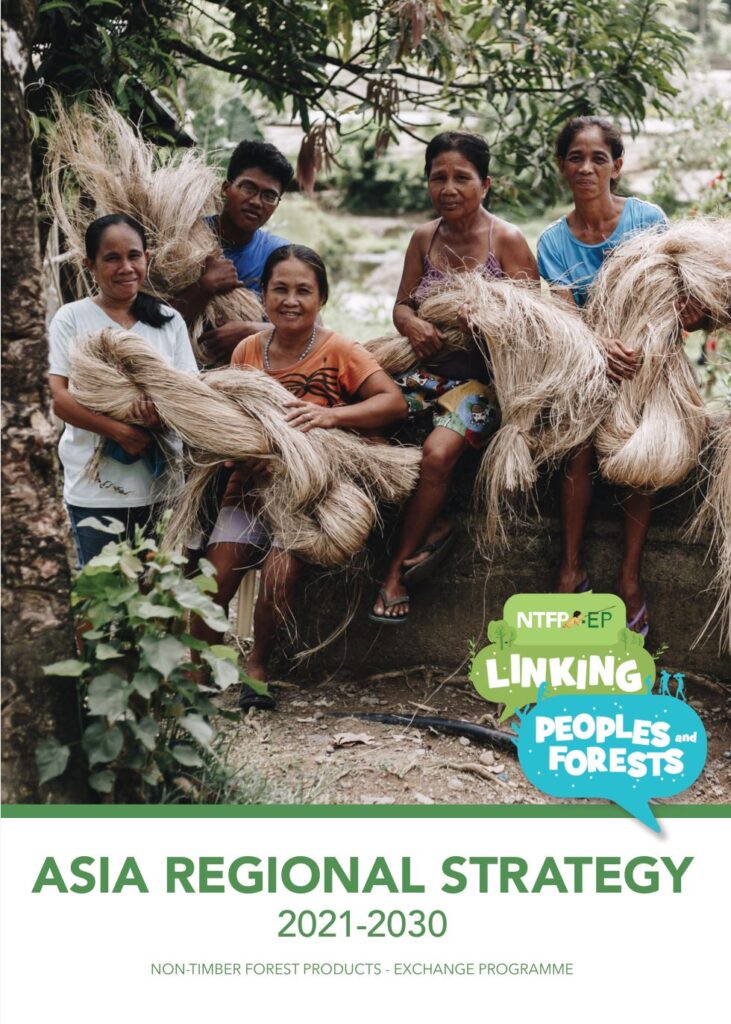A briefer on the identified challenges, key messages, and recommendations developed by the CSO Forum on Social Forestry in ASEAN during its 9th Annual Meeting last 18-20 September 2022.
Category: Publications
This report provides an overview of the progress made by the Green Livelihoods Alliance in 2021, the first 12 months of the programme. It describes the results and outcomes that have been achieved so far and reflects on what aspects of the programme are on track and why, as well as where more attention is needed.
In this report we aim to provide a comprehensive oversight of where the programme stands and how we areoperationalising our ToC. As input, we used information from:
• Eleven country annual reports by GLA partners using input from outcome harvesting exercises and reflection meetings and one report focusing on activities in the Netherlands not covered by the LGL policy dossier reports (see next bullet).
• Six GLA LGL annual reports addressing progress on issues that connect the local context to inter-national (policy) processes and vice-versa. This work is captured in two thematic programmes [JET and Community Rights and Deforestation Drivers (CRDD)] and four policy dossiers [Convention on Biological Diversity (CBD); EU Deforestation legislation; UN Binding Treaty and Due Diligence legisla-
tion; UNFCCC and nationally determined contributions (NDC)]
This study was undertaken to elucidate on the almaciga resin value chain in Palawan and
serve as a basis for establishing an almaciga resin enterprise that can be managed by
the IPs specifically, NATRIPAL.
The main objective of the study is to explore the possibility of establishing a
community-based almaciga resin enterprise in Palawan. Specifically, the study aims to:
a) Determine the value chain for Almaciga resin production;
b) Assess the availability of Almaciga resin to sustain the requirements of a
processing plant; and
c) Assess the market for refined Almaciga resin.
By enabling Communities and elevating Community-based Forest Conservation, Culture & Indigenous Knowledge, Systems & Practices (IKSP) and Gender Equality and Women Rights (GE&WR) through enhancement of capacity and space for IPLC, women and youth leadership, building knowledge and evidence, catalyses of stakeholders engagements, modeling and facilitating change, and stabilizing our
foundation as we mainstream gender and strengthen the organization in the next 10 years, NTFP-EP works towards its vision of “Resilient Indigenous Peoples and Local Communities, with women and youth
(IPLC-WY) in Asia, are respected stewards of healthy forests and living securely in their land for generations to come.”
This is the brief version of the much longer Asia Regional Strategy document.
DOWNLOAD PDF
In 2018, NTFP-EP celebrated 20 years, a work spanning almost a generation. As it prepares for the next 10 years, the organization faces communities in transition, communities in the middle of a fast changing environment.
The NTFP-EP looks forward to 2030, envisioning a change that requires structural and cultural change, breaking down deeply ingrained culture of singular processes and way of thinking, where other knowledge and ways of doing are not trusted nor recognized, and top-led governance where communities are seen as dependents, weak and marginal, instead of people with equal rights and as competent partners; and where “resting” land and intact forests are seen as unproductive and wasted resources.
The organization will face a sense of urgency as threats to communities and their lands and changes in the environment accelerate and the impacts of climate change risk to turn into a crisis. But it moves forward with hope as it builds on the gains made in the past 5, 20 years and the 10-year program cycle coincides with the Agenda 2030, which mainstreams the promotion and the protection of Indigenous Peoples rights, and there is a growing consciousness around the world towards healthier paradigms for people and the earth.
DOWNLOAD PDF
The NTFP Protocols Series is a curation of sustainable harvest and resource management protocols of different non-timber forest products developed and applied in Asia. The NTFP Protocols Series aim to promote good practice in NTFP management. These are developed and published through a consultative process among community and technical experts, practitioners and policy stakeholders.
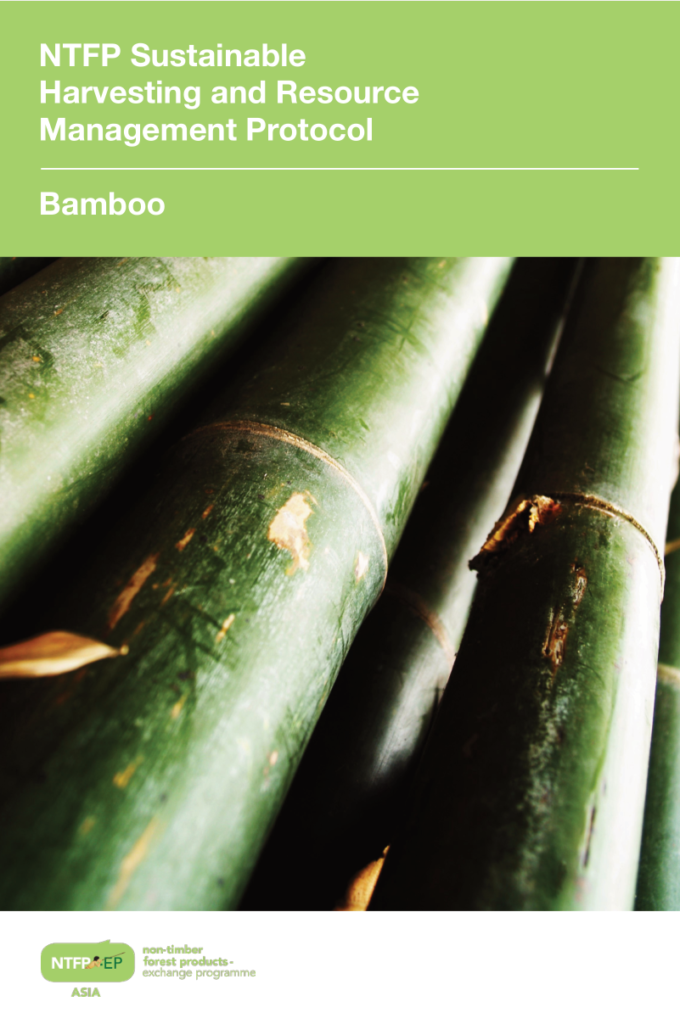
The NTFP Protocols Series is a curation of sustainable harvest and resource management protocols of different non-timber forest products developed and applied in Asia. The NTFP Protocols Series aim to promote good practice in NTFP management. These are developed and published through a consultative process among community and technical experts, practitioners and policy stakeholders.
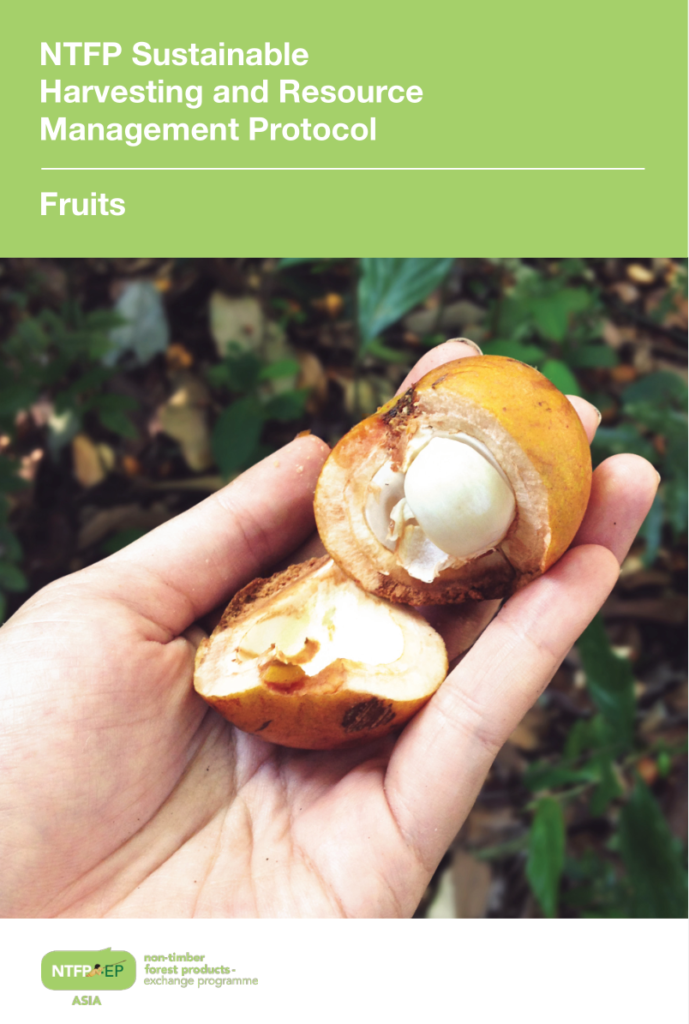
The NTFP Protocols Series is a curation of sustainable harvest and resource management protocols of different non-timber forest products developed and applied in Asia. The NTFP Protocols Series aim to promote good practice in NTFP management. These are developed and published through a consultative process among community and technical experts, practitioners and policy stakeholders.
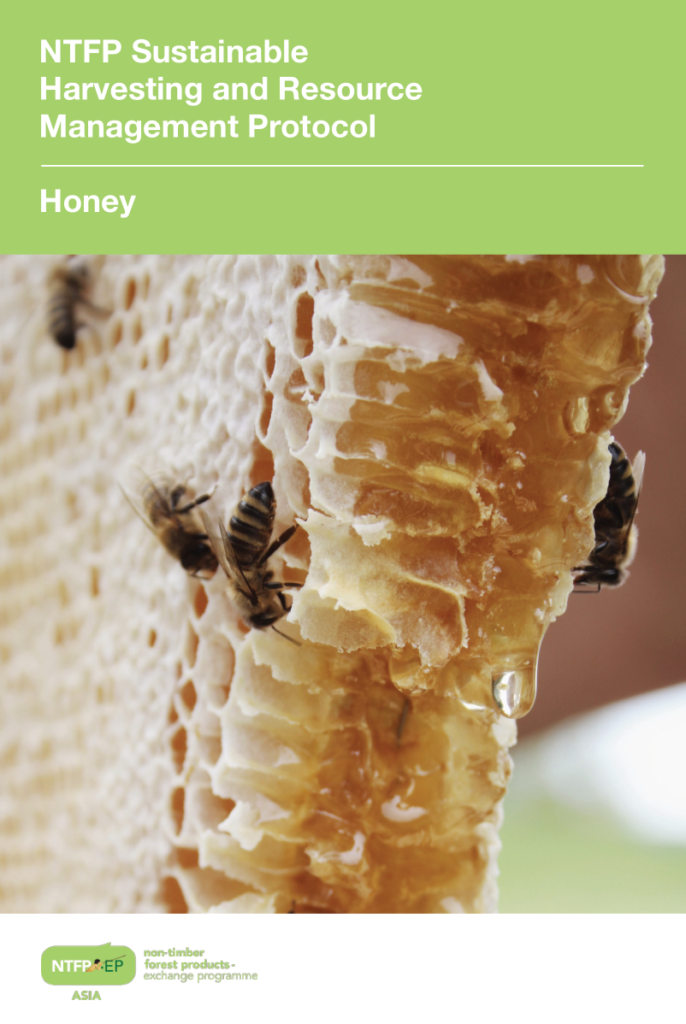
The NTFP Protocols Series is a curation of sustainable harvest and resource management protocols of different non-timber forest products developed and applied in Asia. The NTFP Protocols Series aim to promote good practice in NTFP management. These are developed and published through a consultative process among community and technical experts, practitioners and policy stakeholders.
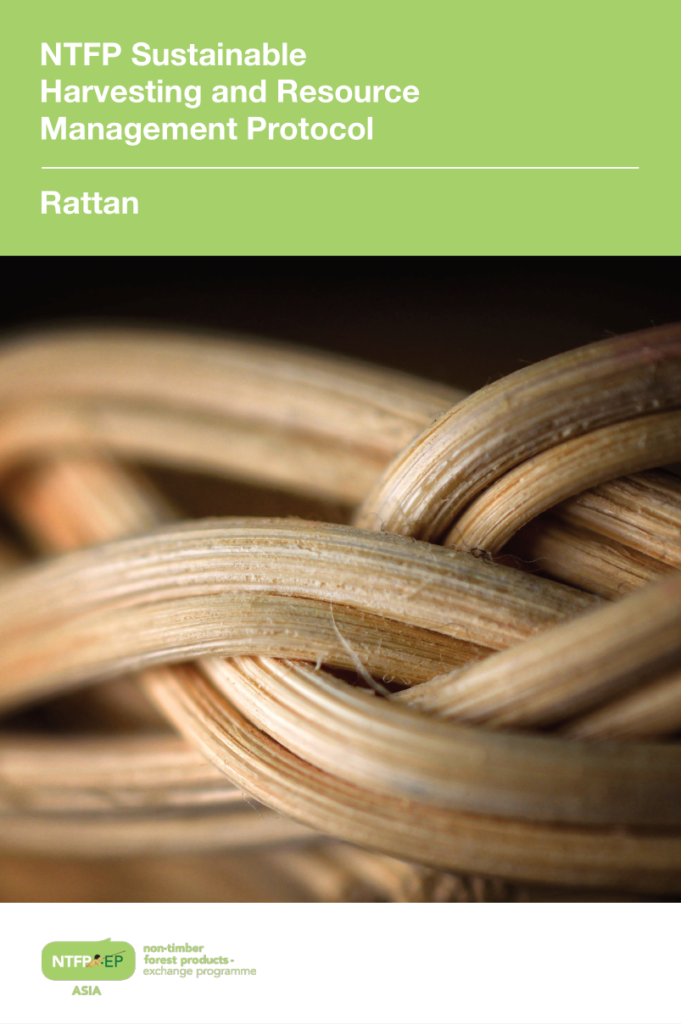
The NTFP Protocols Series is a curation of sustainable harvest and resource management protocols of different non-timber forest products developed and applied in Asia. The NTFP Protocols Series aim to promote good practice in NTFP management. These are developed and published through a consultative process among community and technical experts, practitioners and policy stakeholders.

